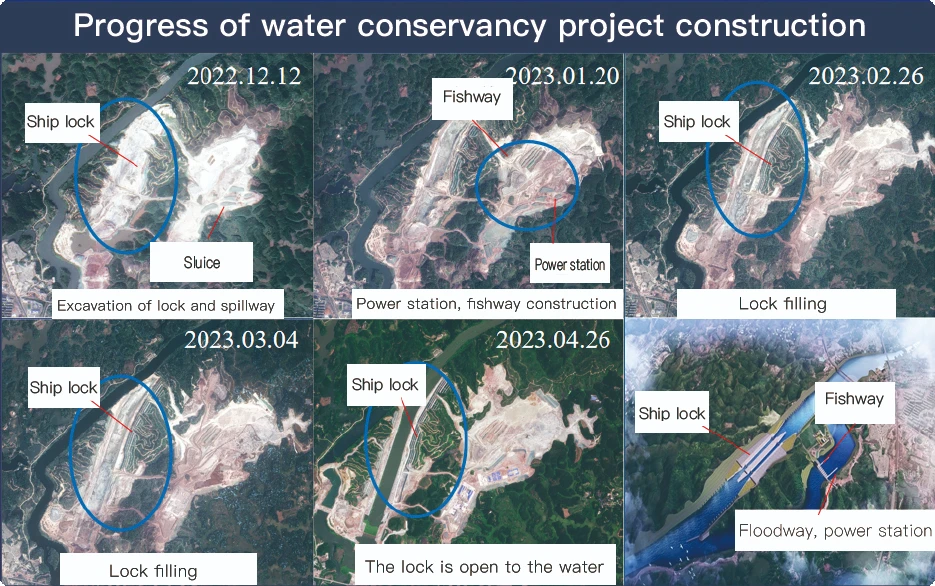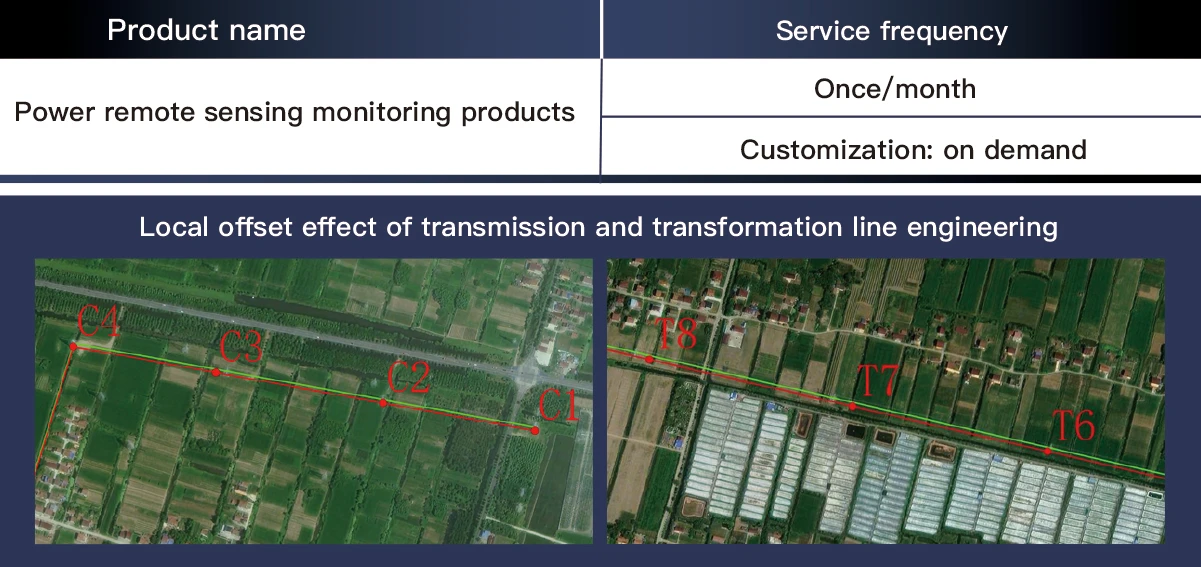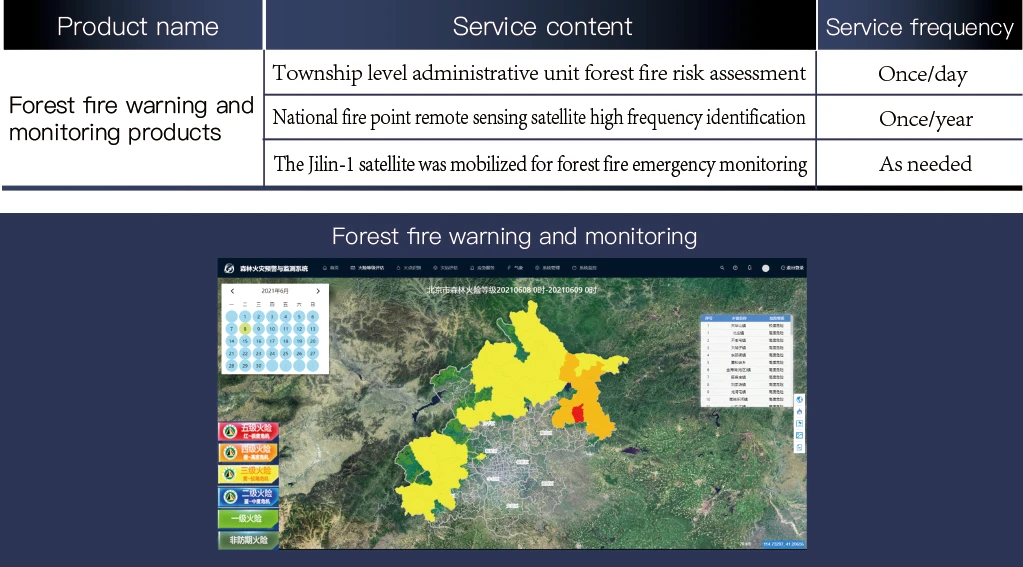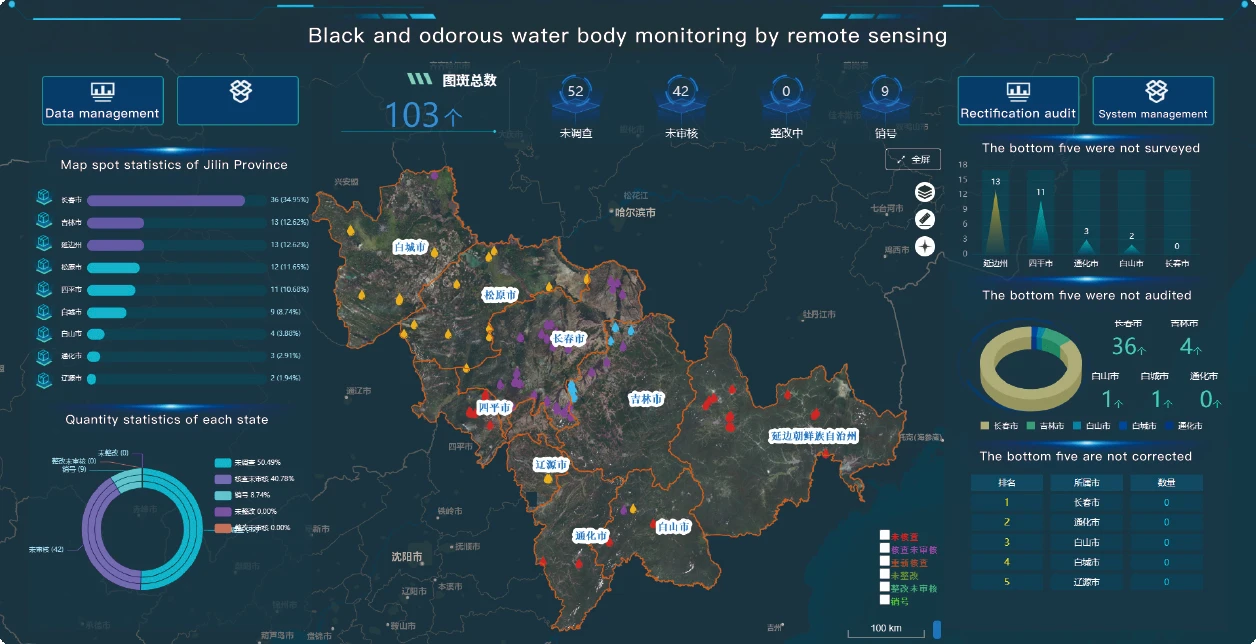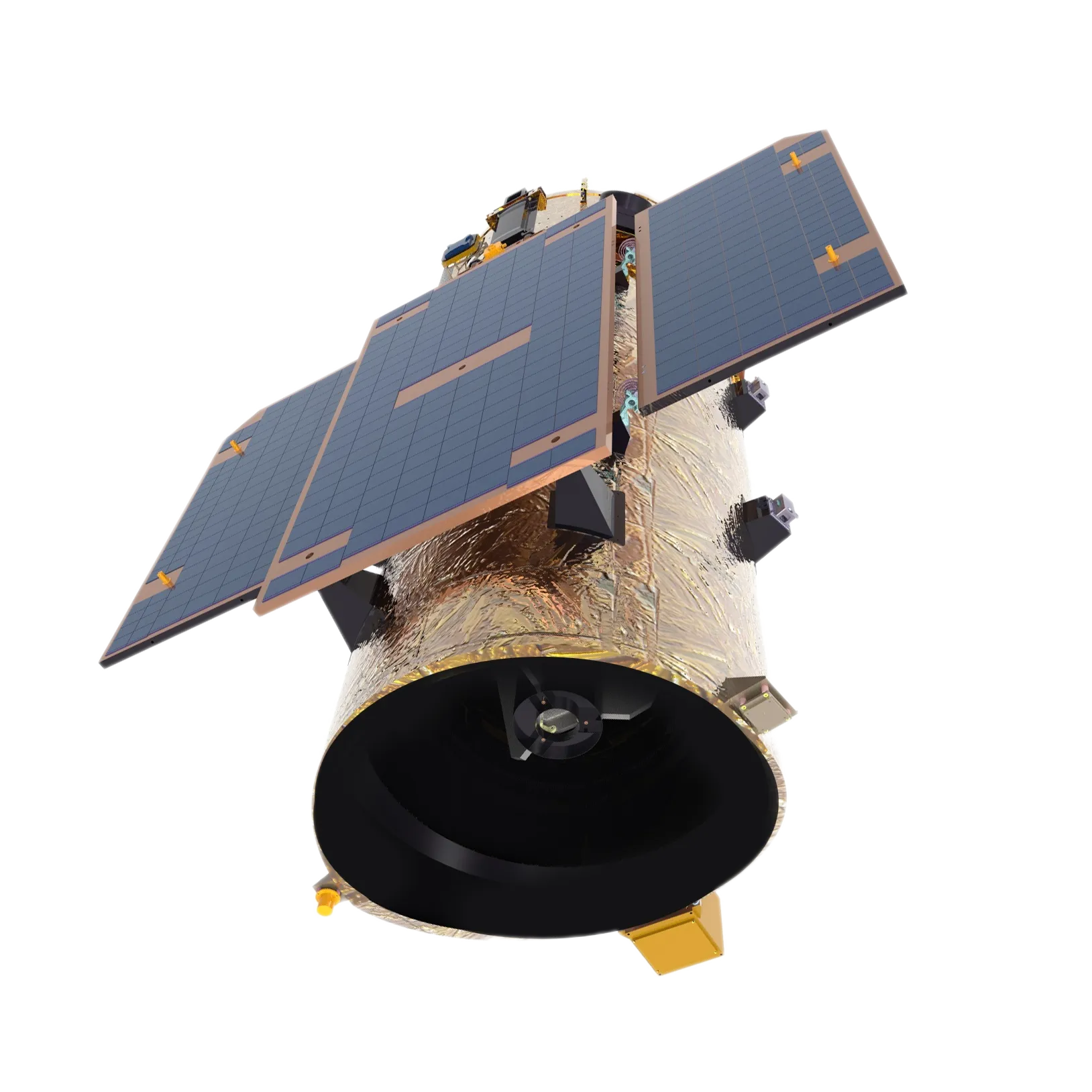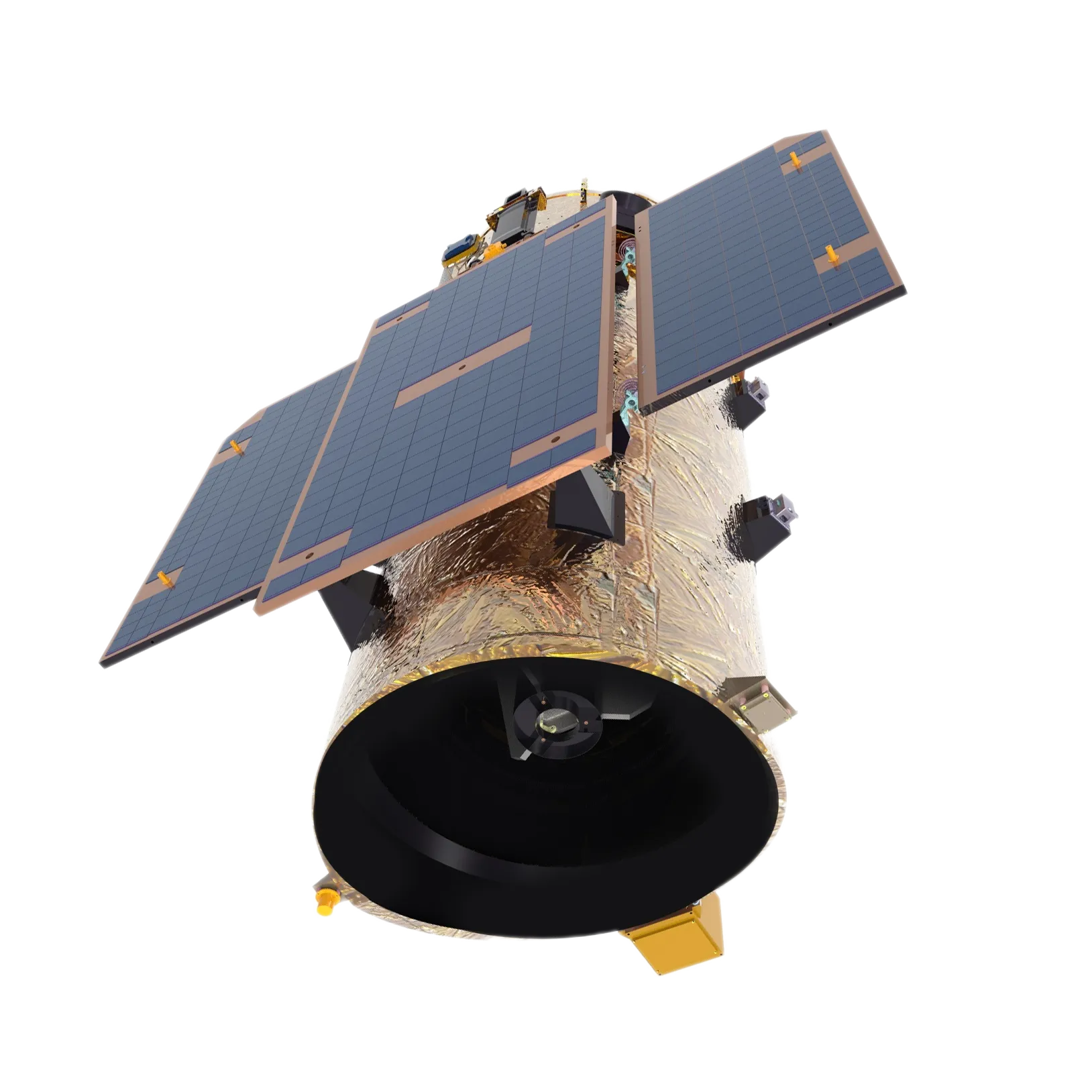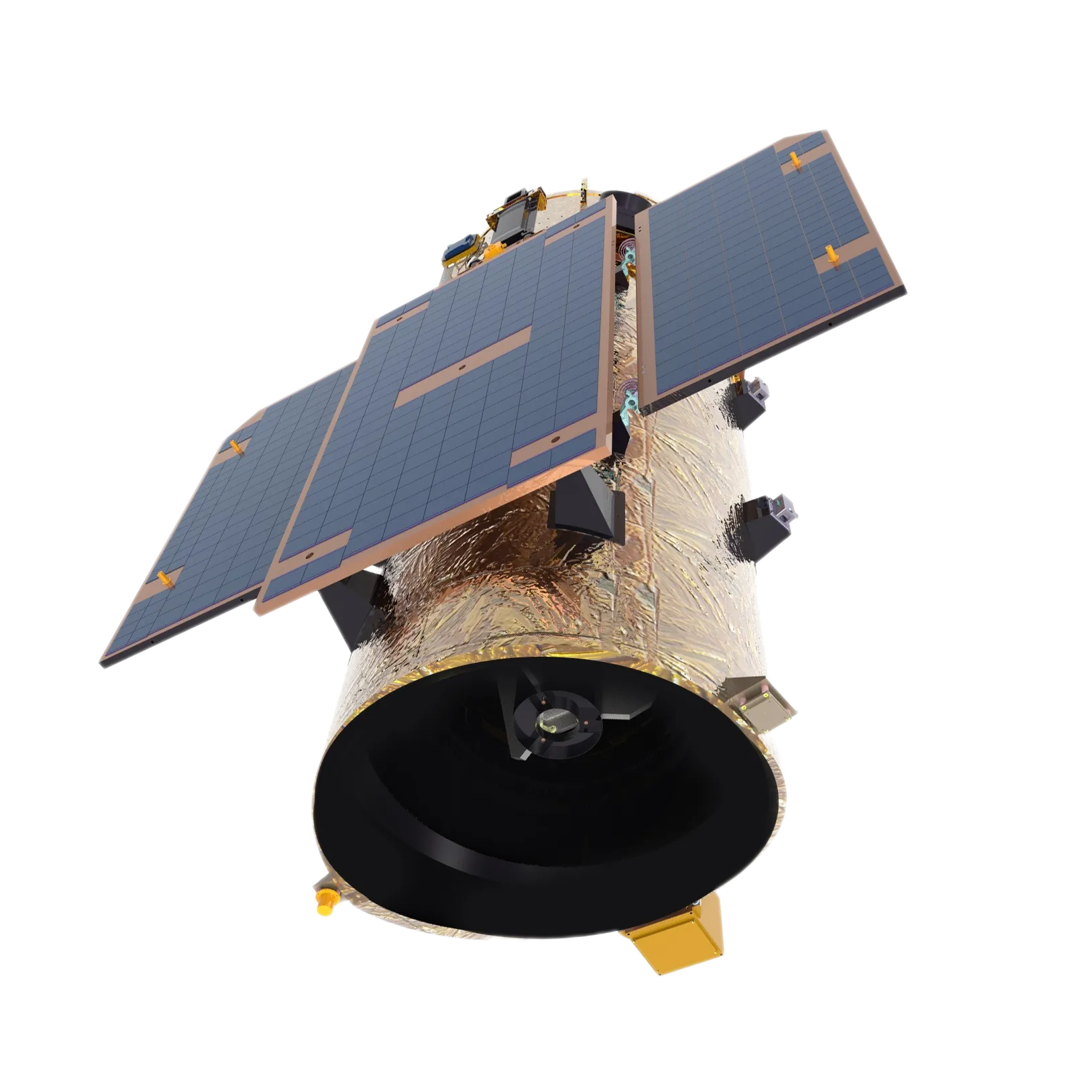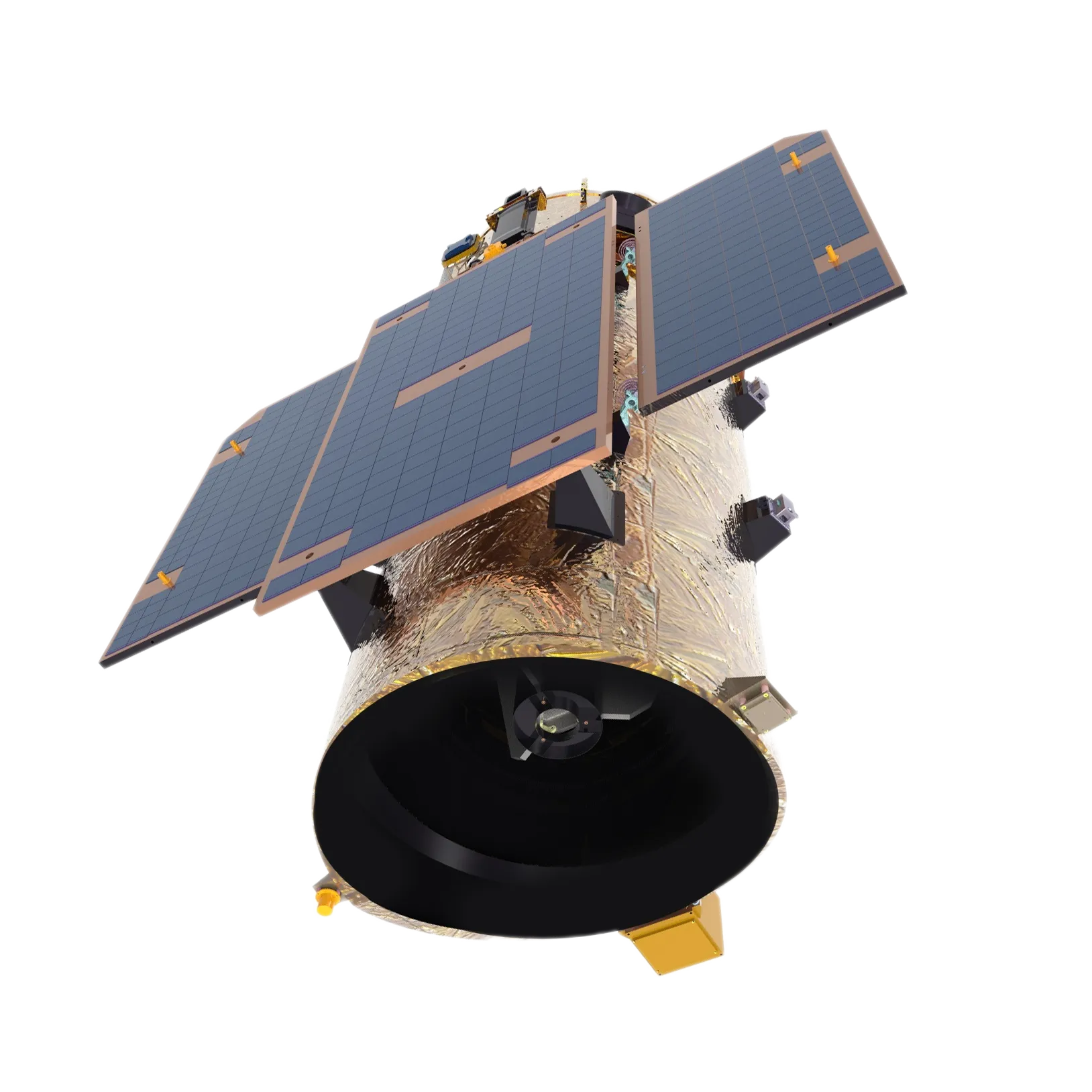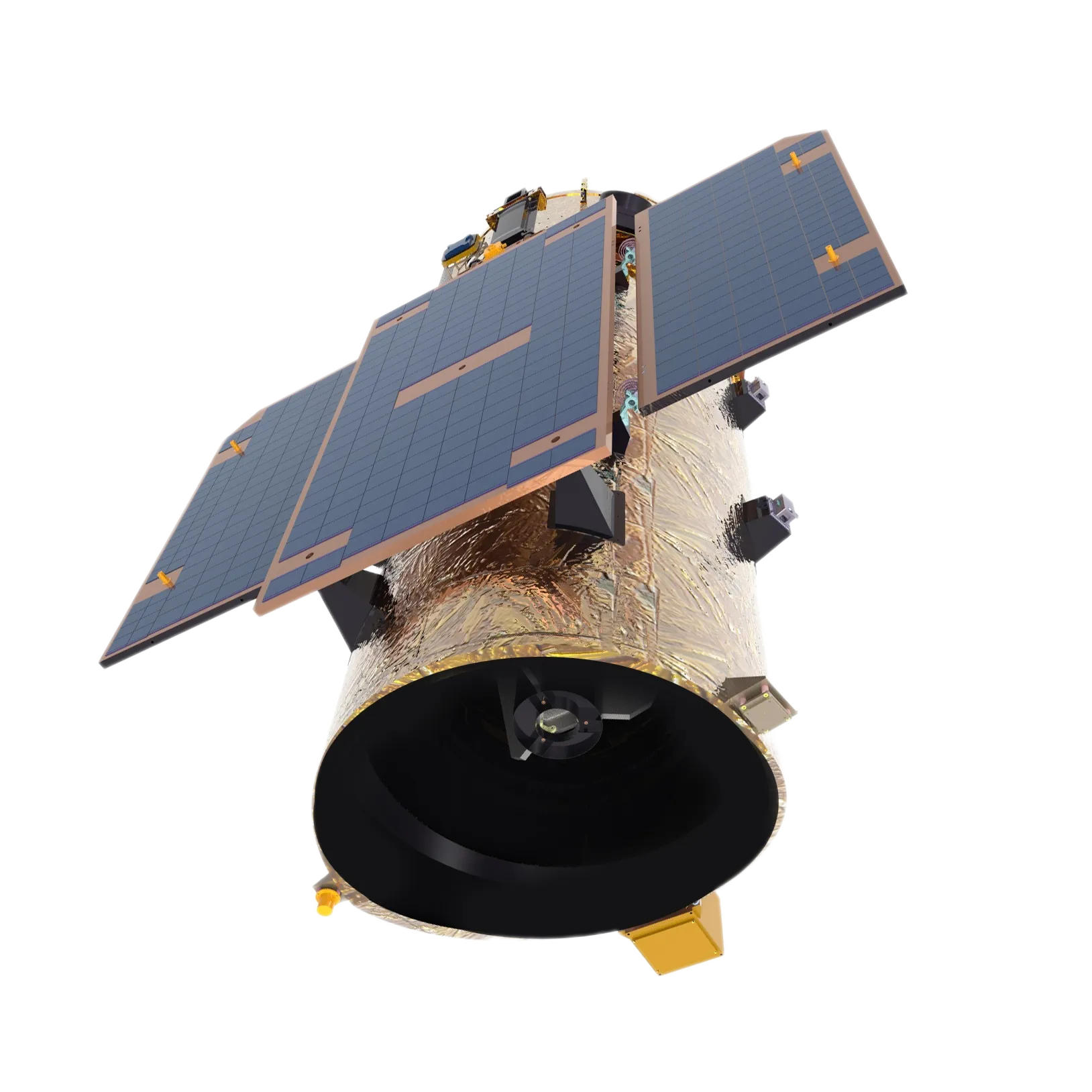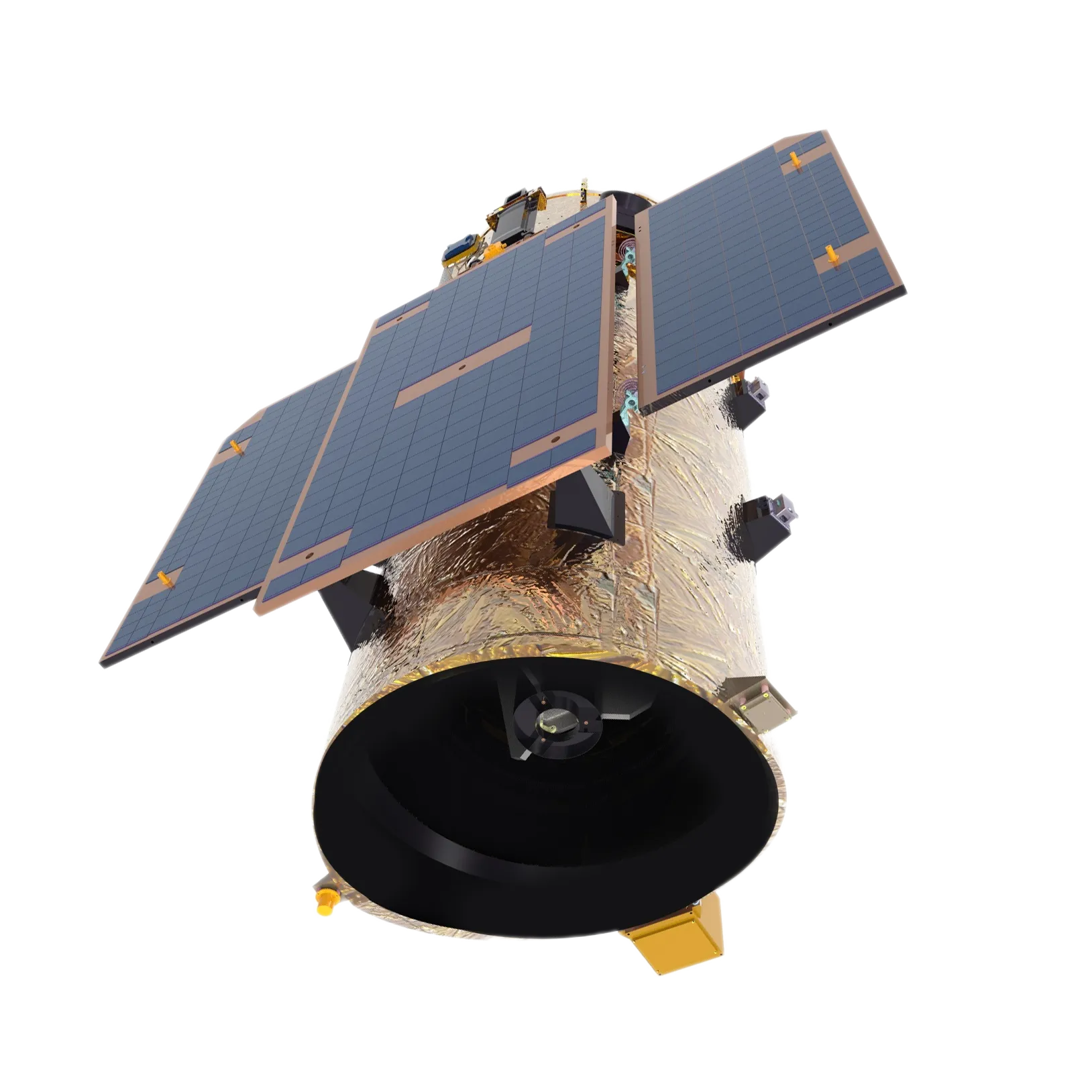
- Afrikaans
- Albanian
- Amharic
- Arabic
- Armenian
- Azerbaijani
- Basque
- Belarusian
- Bengali
- Bosnian
- Bulgarian
- Catalan
- Cebuano
- China
- Corsican
- Croatian
- Czech
- Danish
- Dutch
- English
- Esperanto
- Estonian
- Finnish
- French
- Frisian
- Galician
- Georgian
- German
- Greek
- Gujarati
- Haitian Creole
- hausa
- hawaiian
- Hebrew
- Hindi
- Miao
- Hungarian
- Icelandic
- igbo
- Indonesian
- irish
- Italian
- Japanese
- Javanese
- Kannada
- kazakh
- Khmer
- Rwandese
- Korean
- Kurdish
- Kyrgyz
- Lao
- Latin
- Latvian
- Lithuanian
- Luxembourgish
- Macedonian
- Malgashi
- Malay
- Malayalam
- Maltese
- Maori
- Marathi
- Mongolian
- Myanmar
- Nepali
- Norwegian
- Norwegian
- Occitan
- Pashto
- Persian
- Polish
- Portuguese
- Punjabi
- Romanian
- Russian
- Samoan
- Scottish Gaelic
- Serbian
- Sesotho
- Shona
- Sindhi
- Sinhala
- Slovak
- Slovenian
- Somali
- Spanish
- Sundanese
- Swahili
- Swedish
- Tagalog
- Tajik
- Tamil
- Tatar
- Telugu
- Thai
- Turkish
- Turkmen
- Ukrainian
- Urdu
- Uighur
- Uzbek
- Vietnamese
- Welsh
- Bantu
- Yiddish
- Yoruba
- Zulu
Warning: Undefined array key "array_term_id" in /home/www/wwwroot/HTML/www.exportstart.com/wp-content/themes/1371/header-lBanner.php on line 78
Warning: Trying to access array offset on value of type null in /home/www/wwwroot/HTML/www.exportstart.com/wp-content/themes/1371/header-lBanner.php on line 78
GF Series Satellites- SpaceNavi Co., Ltd.|High-Resolution Optical Remote Sensing&Advanced Imaging
SpaceNavi Co., Ltd. has introduced the GF Series Satellites, a groundbreaking line of optical remote sensing satellites with a resolution of 0.75 meters. These satellites represent the latest advancements in Earth observation technology, offering unparalleled clarity and precision for a wide range of applications. Developed independently by the company, the GF Series is designed to meet the growing demand for high-quality geospatial data in fields such as environmental monitoring, urban planning, and disaster management.
About SpaceNavi Co., Ltd.
Based in Ningbo, China, SpaceNavi Co., Ltd. is a leading innovator in satellite technology and remote sensing solutions. The company specializes in developing cutting-edge satellite systems that provide accurate and actionable data for global clients. With a focus on research and development, SpaceNavi has established itself as a key player in the aerospace industry, delivering products that align with international standards and technological advancements.
Product Features and Advantages
The GF Series satellites are engineered to deliver exceptional performance in optical remote sensing. Their 0.75-meter resolution enables the capture of detailed imagery, making them ideal for applications requiring precise spatial data. Key features include:
- High-Resolution Imaging: The satellites provide sharp, clear images that allow for detailed analysis of land use, infrastructure, and natural resources.
- Advanced Optical Sensors: Equipped with state-of-the-art optical sensors, the GF Series ensures accurate data collection under various environmental conditions.
- Real-Time Data Transmission: The satellites support rapid data transmission, enabling timely decision-making for users.
- Scalable Applications: The technology is adaptable to diverse sectors, including agriculture, urban planning, and environmental monitoring.
Technical Specifications
| Specification | Details |
|---|---|
| Resolution | 0.75 meters (panchromatic) |
| Imaging Sensors | High-precision optical sensors |
| Orbit Type | Low Earth Orbit (LEO) |
| Data Transmission | Real-time and near-real-time capabilities |
| Applications | Environmental monitoring, urban planning, disaster response |
Applications of GF Series Satellites
The versatility of the GF Series satellites makes them suitable for a wide array of applications. Some of the key use cases include:
- Environmental Monitoring: The satellites can track deforestation, monitor coastal erosion, and assess the health of ecosystems. Their high-resolution data provides critical insights for conservation efforts and climate change research.
- Urban Planning: City planners can use the imagery to design infrastructure, manage land use, and monitor urban growth. The detailed data helps in creating sustainable and efficient urban environments.
- Disaster Management: In the event of natural disasters such as floods or earthquakes, the GF Series can quickly capture images of affected areas, aiding in rescue operations and damage assessment.
- Agriculture: Farmers and agricultural experts can utilize the satellites to monitor crop health, optimize irrigation, and predict harvests. This leads to increased productivity and resource efficiency.
Integration with Emerging Technologies
The GF Series satellites are not only a standalone solution but also a platform for integrating emerging technologies. For instance, the artificial intelligence satellite capabilities of the GF Series allow for automated data analysis, enabling users to derive insights more efficiently. This integration aligns with the broader trends in the types of remote sensing satellites market, where AI is increasingly being leveraged to enhance data interpretation and decision-making processes.
Industry Impact and Future Prospects
The introduction of the GF Series satellites marks a significant milestone in the satellite communication and satellite communication services sectors. As the demand for high-resolution geospatial data continues to rise, SpaceNavi Co., Ltd. is well-positioned to meet this demand with its innovative solutions. The company's commitment to research and development ensures that the GF Series will remain at the forefront of technological advancements in remote sensing.
Authoritative References and Standards
The development of the GF Series satellites aligns with the standards and guidelines established by authoritative bodies such as the National Institute of Standards and Technology (NIST). NIST plays a crucial role in advancing technology through its research and development initiatives, including the creation of measurement standards that underpin various industries. While the specific details of the GF Series' compliance with NIST standards are not explicitly outlined in the context, the company's dedication to innovation and quality assurance reflects the principles championed by NIST in the field of measurement science.
According to NIST's mission, "Everything you use in your everyday life works because of measurements. Without precise measurements, your car wouldn’t run, your phone wouldn’t work, and hospitals couldn’t function." The GF Series satellites exemplify the importance of precise measurements in modern technology, ensuring that the data collected is reliable and actionable for end-users.
Conclusion
The GF Series Satellites represent a significant leap forward in optical remote sensing technology. With their high-resolution imaging capabilities, advanced sensors, and versatile applications, these satellites are poised to transform how we monitor and interact with our planet. SpaceNavi Co., Ltd. continues to lead the way in satellite innovation, ensuring that the GF Series meets the evolving needs of industries and communities worldwide.
Product Images
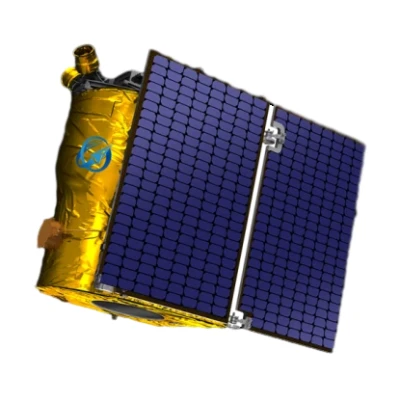

References
NIST (National Institute of Standards and Technology): https://www.nist.gov/

